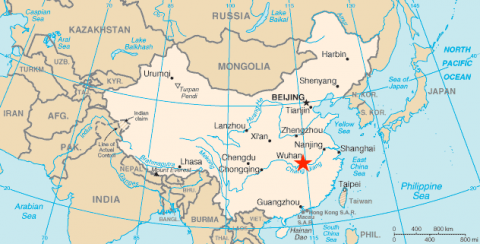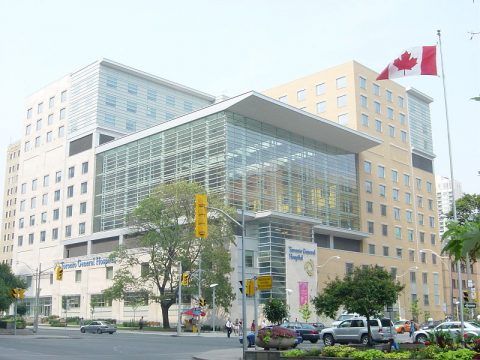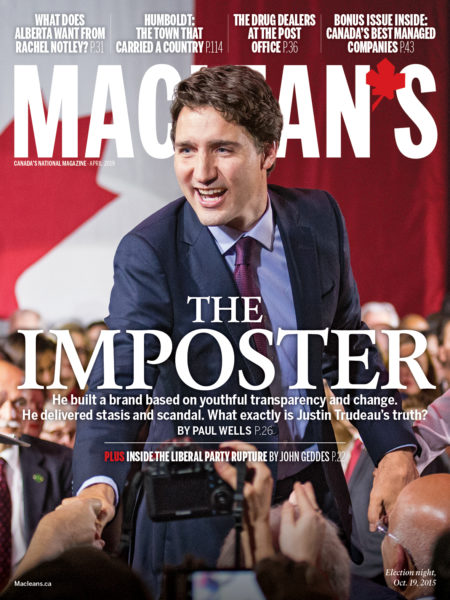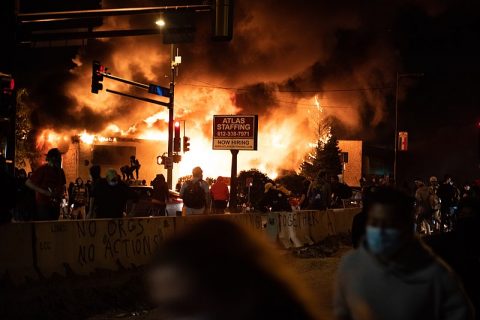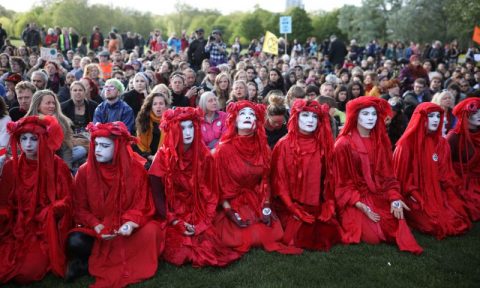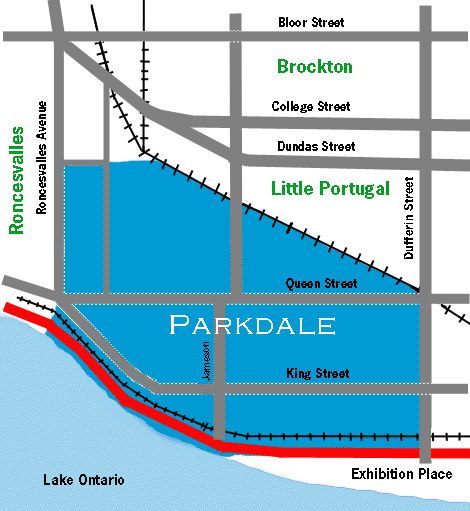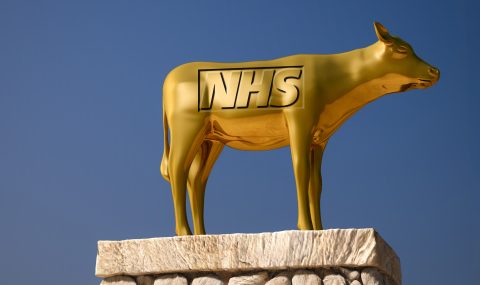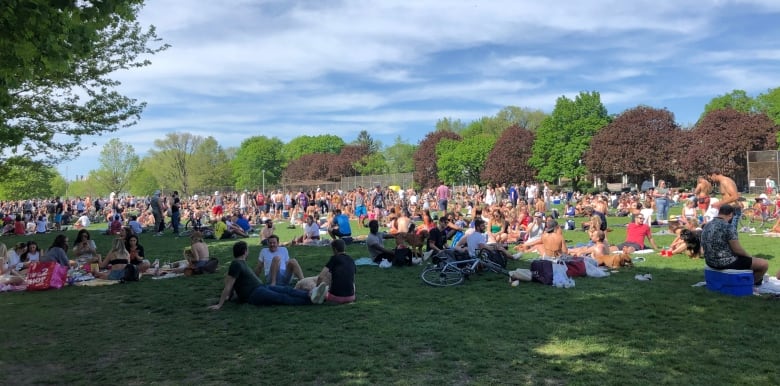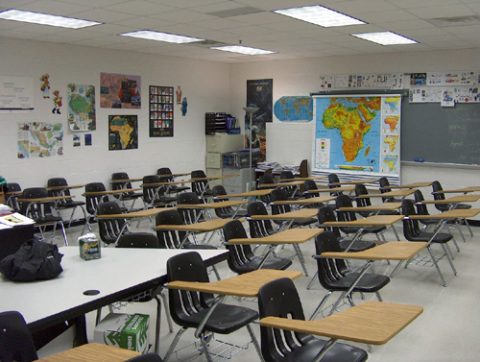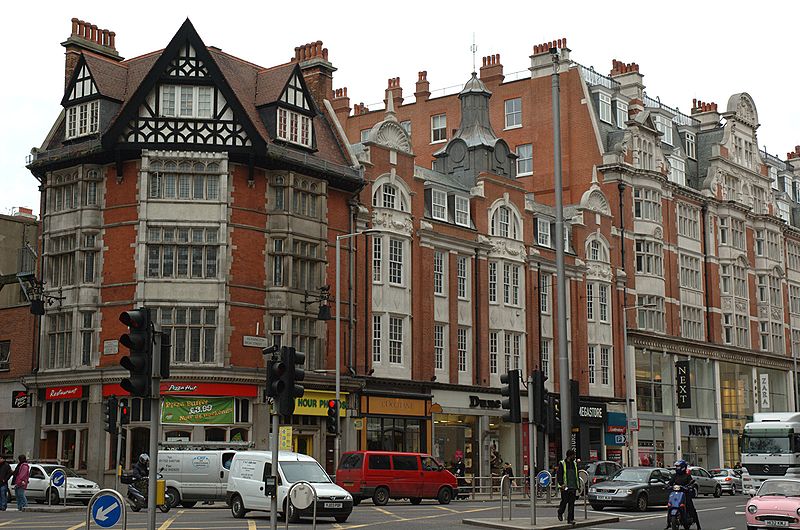David Warren discusses an intractable “problem”:
I do not suppose it makes any practical difference what I have to say about a public health problem that invades the lives of billions; nor that readers will take me for a reliable epidemiologist when I say that the worst danger of that Batflu has now passed. (Infection rates spike, but the power of the virus to torture and kill has relented. The death rates continue downward.)
Nevertheless, I think there is some value in stating, even restating, the obvious — when what is obvious is in conflict with sensational reports, and the aggressive distortions of mass media, profiting from panic.
This Batflu became — more than any previous epidemic — a political issue, instantaneously. This is evident in the way it was spread, quite intentionally, by the Communist Party of China. (They shut down everything in Wuhan, except flights to Europe and America.) In all countries with democratic institutions, the disease became the centre of political attention, and unprecedented lockdowns were ordered. Likewise, unprecedented schemes of surveillance have significantly changed the relation between governments and governed, entirely for the worse. By means of current technology, the former will be able to perpetuate these changes, leaving those who wish to recover old liberties nowhere to hide.
Moreover, this is done by public demand. “The peeple” are easy to manipulate, once they have been frightened. The great majority of men, now and through the past, never cared about freedom. It has always been a minority concern, “for the intellectuals.” The “silent majority” will take their freedom, but only after their comfort and safety have been assured. The right to choose among consumer products is enough for them.
There are revolutions, such as the one that is now being attempted by the Left, but these never last. Either they are extinguished, under the wet blanket of public apathy, or the revolutionists succeed in installing a truly monstrous regime. Only thus, can they prolong their evil. Two generations of half-educated, indoctrinated, university grads favour a doctrinal dictatorship. Those still young are full of malign energy.

